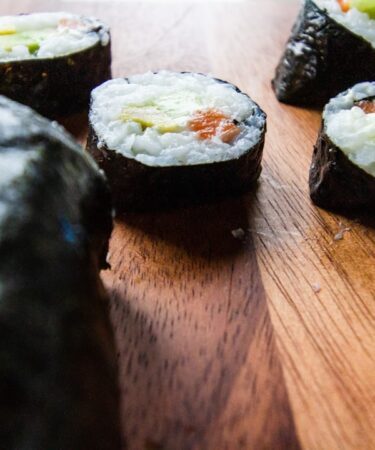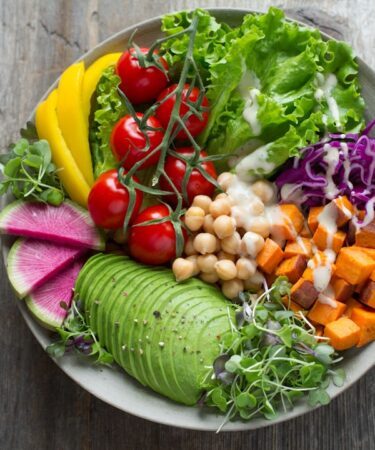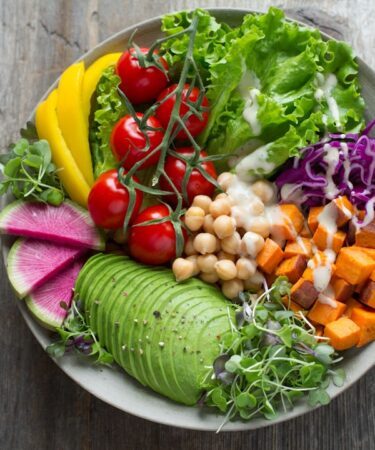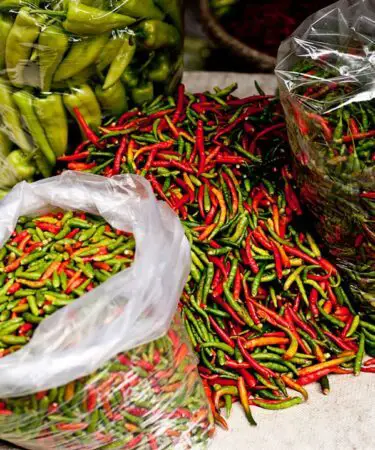Exotic cuisine, also referred to as unusual or uncommon food, encompasses dishes that are not typically found in everyday meals. These culinary offerings often originate from diverse cultures and regions across the globe, providing a unique and adventurous dining experience. The category of exotic foods can include a wide range of items, such as edible …

Quick & Easy Egg Microwave Recipes
Eggs are a nutrient-dense food that can be prepared quickly and easily in a microwave oven. This cooking method is particularly useful for individuals with limited time or those seeking convenient meal options. Microwave egg recipes encompass a wide range of dishes, including scrambled eggs, omelettes, poached eggs, and breakfast burritos. These preparations offer the …

The Ultimate Cafe Experience: Best Cafe in the World
Creating an optimal coffee shop ambiance requires careful consideration of various elements. The environment should evoke a sense of comfort and warmth from the moment customers enter. This can be achieved through strategic use of soft lighting, comfortable seating arrangements, and thoughtfully chosen decor. Background music, typically soft and ambient, contributes to a relaxing atmosphere …

Discovering the World’s Best Cafes: A Global Coffee Adventure
Coffee, a globally popular beverage, has a history spanning centuries. Its discovery is attributed to an Ethiopian goat herder named Kaldi in the 9th century, who observed his goats becoming energetic after consuming berries from a specific tree. This discovery eventually reached the Arabian Peninsula, where coffee cultivation began. By the 15th century, coffee had …

50s Diners: A Nostalgic Dining Experience
The 1950s marked a significant period of transformation in the United States. Following World War II, the nation experienced substantial economic growth and prosperity. This economic boom led to the expansion of the middle class and an increase in discretionary income. Consequently, Americans had more financial resources to allocate towards leisure activities, including dining out. …

Step Back in Time: 1950s Diners
The 1950s marked a period of economic growth and societal transformation in the United States. Following World War II, the nation experienced a surge in consumerism and leisure activities. This era witnessed the emergence of the iconic 1950s diner, which quickly became an integral part of American culture. Diners appealed to a diverse demographic, providing …

Top Cafes Around the Globe: A Coffee Lover’s Ultimate Guide
Europe is renowned for its historical significance, architectural beauty, and cultural diversity, which extends to its café culture. The continent boasts numerous notable cafés that attract visitors from around the world. One such establishment is Café de Flore in Paris, France. Established in the 1880s, this café has been a popular meeting place for intellectuals, …

Top 5 Chinese Restaurants in Town
Szechuan Palace is a restaurant specializing in authentic Szechuan cuisine. The establishment employs traditional cooking methods and uses high-quality ingredients to create dishes known for their bold and spicy flavors. Upon entering, patrons are greeted by the aroma of Szechuan spices and herbs. A popular offering at Szechuan Palace is the Szechuan hot pot, a …

Best Soul Food Restaurants in Every State
Nana’s Soul Food Kitchen is a prominent soul food restaurant in Birmingham, Alabama. Established over two decades ago, it is located in the city center and specializes in traditional Southern cuisine. The menu features classic dishes such as fried chicken, collard greens, and macaroni and cheese. The restaurant is known for its welcoming atmosphere, with …

Discovering Hole-in-the-Wall Restaurants: Hidden Gems of Culinary Delight
Hidden gem restaurants are establishments that are not widely known or advertised but offer exceptional culinary experiences. These eateries are often located in less prominent areas or tucked away in unassuming locations. Food enthusiasts and adventurous diners seek out these hidden gems for several reasons: 1. Unique dining experiences: Hidden gem restaurants often provide distinctive …
















